BNPL Profitability Remains Elusive Despite Rising Adoption
Fintech News
DECEMBER 20, 2023
Buy now, pay later (BNPL) arrangements, a type of short-term financing that allows customers to make purchases and pay for them in monthly installments, are growing strongly around the world, picking up steam among both customers and merchants. million in 2023. million in 2023.

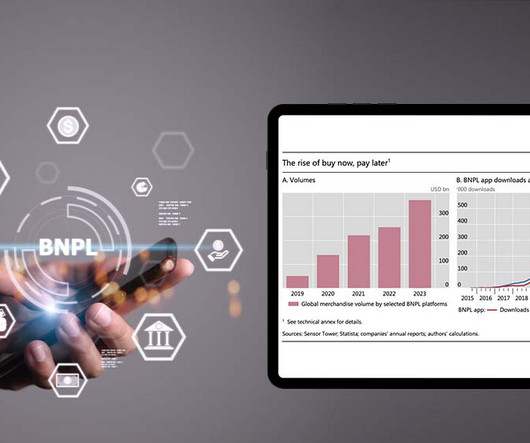
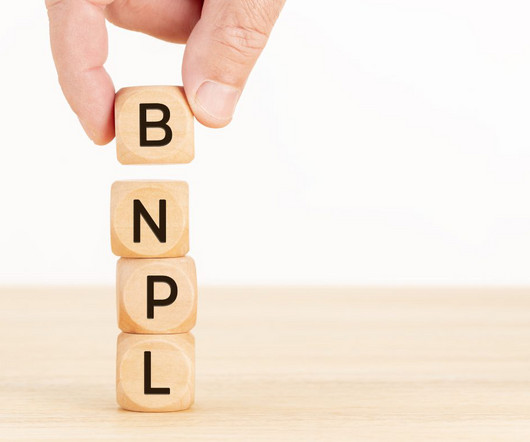
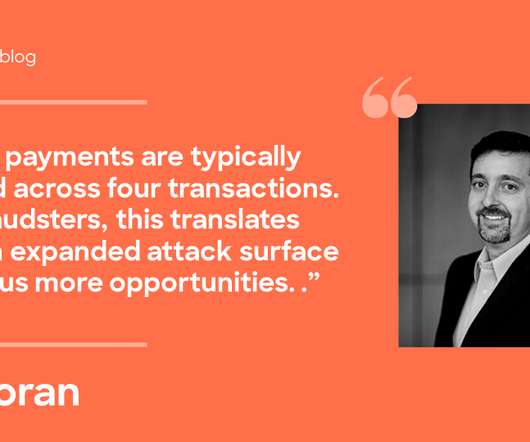
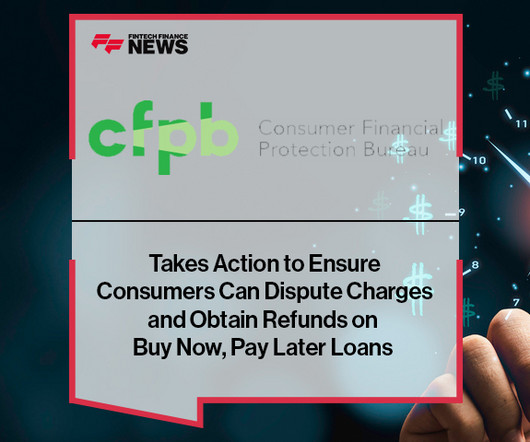
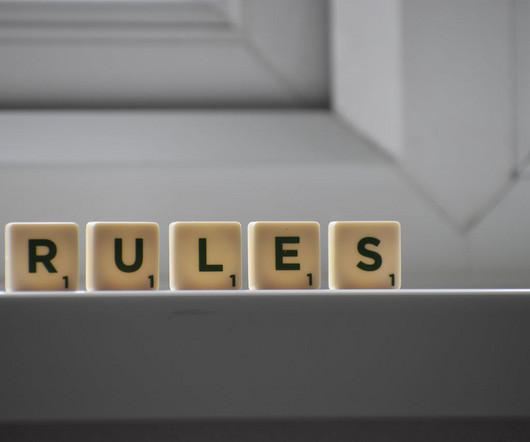






Let's personalize your content